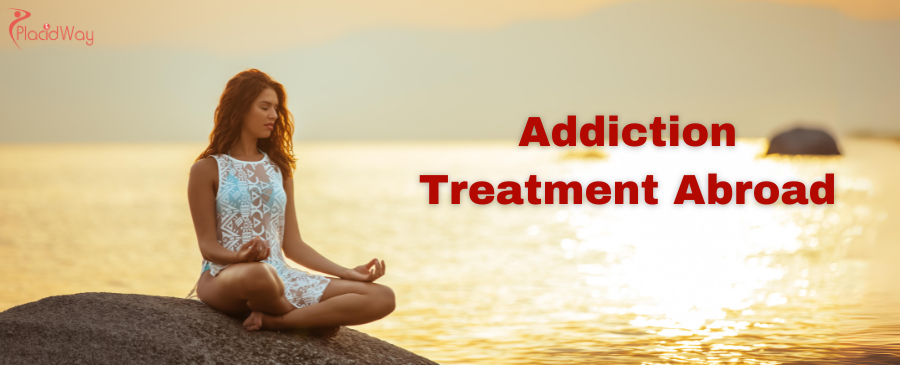
Finding Hope - Affordable Addiction Treatment Abroad
Battling addiction is a profound challenge, impacting not only the individual but also their loved ones. It's a complex condition that requires comprehensive, compassionate care to achieve lasting recovery. Addiction treatment is a structured process designed to help individuals break free from the grip of substance dependence or compulsive behaviors, guiding them towards a healthier, more fulfilling life. For many, finding accessible and affordable high-quality care can be a significant hurdle.
This is where medical tourism offers a beacon of hope. By exploring addiction treatment abroad, patients can discover world-class facilities offering specialized programs, often at a fraction of the cost found in their home countries. Whether you're seeking privacy, a fresh start in a new environment, or advanced therapeutic approaches, international addiction treatment centers provide a viable and increasingly popular pathway to recovery. This guide aims to shed light on how medical tourism can be a transformative step on your journey to sobriety, providing detailed insights into the process, benefits, and considerations for choosing the right path.
What is Addiction Treatment and Why is it Essential?
Addiction is a chronic, relapsing brain disease characterized by compulsive drug seeking and use despite harmful consequences. It changes the brain's structure and function, affecting impulse control, decision-making, and memory. Addiction treatment is a holistic approach addressing these changes, helping individuals manage cravings, understand triggers, and develop coping mechanisms.
The essence of addiction treatment lies in its ability to offer a pathway out of a seemingly inescapable cycle. Without professional intervention, the consequences of addiction can escalate, leading to severe health issues, financial ruin, legal problems, and damaged relationships. Effective treatment not only helps individuals achieve sobriety but also equips them with the tools needed to maintain long-term recovery and reintegrate positively into society.
What are the Different Types of Addiction Treatment Programs Available?
Addiction treatment is not a one-size-fits-all solution; various programs cater to different needs and stages of recovery. Understanding these types can help you choose the most appropriate path:
- Medical Detoxification (Detox): This is often the first step, where the body is safely cleared of substances under medical supervision. It manages withdrawal symptoms, which can range from uncomfortable to life-threatening.
- Inpatient Residential Treatment: Patients live at the treatment facility 24/7, receiving intensive therapy, counseling, and support. This highly structured environment removes individuals from triggers and provides constant medical and emotional care. It's ideal for severe addictions or those requiring a complete change of environment.
- Partial Hospitalization Programs (PHP): Often called "day treatment," PHPs provide intensive care similar to inpatient programs but allow patients to return home in the evenings. It's a step down from residential care, offering significant structure while allowing some external interaction.
- Intensive Outpatient Programs (IOP): IOPs offer flexible schedules, allowing individuals to continue living at home and fulfilling daily responsibilities (work, school) while attending therapy sessions multiple times a week. It suits those with stable home environments and strong support systems.
- Standard Outpatient Treatment: This involves regular, less intensive therapy sessions, often once or twice a week. It's suitable for individuals with milder addictions, those transitioning from more intensive programs, or as a long-term maintenance strategy.
- Therapy and Counseling: Core components of all programs, these include individual therapy (CBT, DBT, motivational interviewing), group therapy, and family therapy. They help address underlying causes of addiction, develop coping skills, and repair relationships.
- Medication-Assisted Treatment (MAT): Combining medication (like naltrexone, buprenorphine, methadone) with counseling and behavioral therapies. MAT is highly effective for opioid and alcohol dependence, reducing cravings and preventing relapse.
- Holistic and Alternative Therapies: Many centers integrate practices like yoga, meditation, mindfulness, art therapy, equine therapy, and nutritional guidance to support overall well-being and a balanced lifestyle alongside traditional treatments.
The best program depends on the severity of the addiction, co-occurring mental health disorders, support system, and individual preferences. A thorough assessment by addiction specialists is crucial to determine the most effective treatment plan.
Who is Eligible for Addiction Treatment and When Should You Seek Help?
Eligibility for addiction treatment is broad: essentially, anyone struggling with substance use disorder or behavioral addiction qualifies. There isn't a "rock bottom" you need to hit; if addiction is negatively impacting your life or the lives of those around you, treatment is a viable and often necessary step. This includes individuals dealing with alcohol, opioids, stimulants, cannabis, gambling, or other compulsive behaviors.
The ideal time to seek help is as soon as you recognize the problem. Early intervention can prevent addiction from progressing and causing further damage. Signs that it's time to seek help include:
- You can't control or stop using the substance despite wanting to.
- Your substance use is causing problems at work, school, or home.
- You continue using even when it's physically dangerous or harmful to your health.
- You experience withdrawal symptoms when you try to cut back or stop.
- You need more of the substance to achieve the same effect (tolerance).
- You've lost interest in activities you once enjoyed.
- Relationships with family and friends are strained due to your substance use.
Remember, seeking help is a sign of strength, not weakness. Professional assessment can determine the severity of the addiction and recommend the most suitable treatment path.
How Long Does Addiction Treatment Typically Last?
The length of addiction treatment is highly individualized and depends on several factors, including the type and severity of addiction, co-occurring mental health issues, personal progress, and financial resources. There's no fixed timeline, but generally, longer treatment durations are associated with better outcomes.
Here’s a general overview of typical durations:
- Detoxification: Usually lasts 3-10 days, depending on the substance and severity of withdrawal.
- Short-Term Residential Programs: Often 30 days, providing intensive care to stabilize patients and introduce them to recovery principles.
- Long-Term Residential Programs: Can range from 60 to 90 days, or even longer (up to a year or more for severe cases), offering a more immersive and sustained therapeutic environment.
- Outpatient Programs (PHP, IOP, Standard): These can last from several weeks to several months, providing flexibility for individuals to integrate treatment into their daily lives while attending regular sessions.
- Aftercare & Ongoing Support: This is a continuous process, often lasting years or a lifetime, involving support groups (e.g., AA, NA), individual counseling, and sober living arrangements to prevent relapse and maintain sobriety.
Research suggests that a minimum of 90 days in treatment, including residential and outpatient phases, significantly improves long-term recovery rates. The goal isn't just to stop using, but to build a new life with healthy coping mechanisms, and that takes time.
What Happens After Addiction Treatment? The Importance of Aftercare
Completing a primary addiction treatment program is a significant milestone, but it's not the end of the journey. The period immediately following intensive treatment is often the most vulnerable, as individuals re-enter their daily lives and face old triggers and stressors. This is where aftercare, or continuing care, becomes indispensable. Aftercare is a personalized plan designed to support long-term recovery and prevent relapse.
A comprehensive aftercare plan typically includes:
- Individual Therapy: Continuing one-on-one counseling helps individuals process ongoing challenges, reinforce coping skills, and address any co-occurring mental health issues.
- Group Support Meetings: Programs like Alcoholics Anonymous (AA) and Narcotics Anonymous (NA) provide a peer-supported community where individuals can share experiences, receive encouragement, and learn from others in recovery.
- Sober Living Homes: For some, transitioning to a sober living environment offers a structured, substance-free residence that bridges the gap between intensive treatment and full independent living.
- Relapse Prevention Planning: Developing concrete strategies to identify triggers, manage cravings, and respond to high-risk situations is a continuous process.
- Family Therapy: Addiction affects the entire family, and ongoing family counseling can help heal relationships, improve communication, and establish healthy boundaries.
- Life Skills Training: Relearning or developing essential life skills, such as financial management, job searching, and healthy relationship building, is crucial for independent living.
Effective aftercare provides a safety net, offering continuous support and resources that empower individuals to navigate the complexities of long-term recovery. It reinforces the tools learned in primary treatment and helps integrate sobriety into all aspects of life, making it a cornerstone of lasting wellness.
Why Consider Addiction Treatment Abroad? The Medical Tourism Advantage
For many individuals and families, seeking addiction treatment abroad through medical tourism presents compelling advantages that can make a profound difference in the recovery journey. The decision to travel for care is often driven by a combination of practical benefits and therapeutic considerations.
One of the primary motivators is cost. Addiction treatment, especially comprehensive inpatient programs, can be prohibitively expensive in countries like the U.S. or the UK. International clinics in destinations like Thailand, Mexico, or India often offer equally high-quality care, sometimes even more luxurious facilities, at a fraction of the price. This affordability makes life-saving treatment accessible to a broader range of people.
Beyond cost, medical tourism for addiction treatment offers enhanced privacy and a complete change of environment. Removing oneself from familiar triggers, daily stresses, and social circles that may contribute to substance abuse can be incredibly therapeutic. A new setting allows for deeper focus on healing without the distractions of home. Additionally, some international centers specialize in unique holistic or alternative therapies not readily available in all countries, providing a wider spectrum of treatment options tailored to individual needs.
How Much Does Addiction Treatment Cost Worldwide? A Global Comparison
The cost of addiction treatment is a major factor for many, and it varies dramatically from country to country. These differences are influenced by factors such as labor costs, healthcare infrastructure, government regulations, and the types of services offered. Below is a comparative table for a 30-day inpatient addiction treatment program (estimates are approximate and can fluctuate based on facility, program intensity, and specific services).
| Country | Estimated Cost (USD) for 30-day Inpatient Program | Key Considerations |
|---|---|---|
| USA | $15,000 - $60,000+ | High cost, wide range of specialized programs, insurance coverage varies. |
| UK | $7,000 - $25,000+ | Moderate to high cost, good quality, private options more expensive. |
| Thailand | $5,000 - $15,000 | Excellent value, luxury facilities, holistic approaches, high privacy. |
| Mexico | $4,000 - $12,000 | Affordable, proximity to North America, good range of therapies. |
| India | $3,000 - $10,000 | Very affordable, traditional and modern therapies, diverse cultural experience. |
| South Africa | $4,000 - $12,000 | Affordable, beautiful settings, high-quality care, English-speaking staff. |
As evident from the table, significant savings can be achieved by looking beyond traditional borders. These cost differences often do not reflect a difference in quality of care, but rather a reflection of local economic conditions and healthcare system structures.
What are the Benefits of Medical Tourism for Addiction Recovery?
Beyond just cost, the decision to pursue addiction treatment through medical tourism brings a wealth of other advantages that can significantly impact the effectiveness and experience of recovery:
- Cost-Effectiveness: As highlighted, the potential for substantial savings makes high-quality treatment accessible to individuals who might otherwise be unable to afford it. This allows for longer, more comprehensive programs without financial strain.
- Enhanced Privacy and Anonymity: For many, the stigma associated with addiction can be a barrier to seeking help locally. Traveling abroad offers a degree of anonymity and privacy, allowing individuals to focus entirely on their recovery without fear of judgment from their immediate community.
- Access to Specialized Treatments: Some international clinics specialize in unique therapeutic approaches, cultural modalities, or holistic treatments that may not be widely available in one's home country. This can lead to a more tailored and effective treatment plan.
- Immediate Access to Care: In some countries, waitlists for addiction treatment can be long, delaying critical intervention. Medical tourism often provides immediate access to treatment, which is vital in preventing further harm and fostering early recovery.
- Therapeutic Environment: A complete change of scenery can be incredibly beneficial. Removing oneself from familiar triggers, routines, and potentially negative influences in the home environment allows for a fresh start in a serene or stimulating new setting. The novelty of travel itself can be a positive distraction.
- High-Quality Care and Accredited Facilities: Many international treatment centers boast state-of-the-art facilities, highly qualified staff, and international accreditations, ensuring a standard of care comparable to or even exceeding that found in Western countries.
These benefits combine to create a compelling argument for considering medical tourism as a powerful avenue for addiction recovery.
How Do You Choose the Right Country for Addiction Treatment?
Selecting the ideal country for addiction treatment is a crucial step that requires careful consideration of various factors to ensure a successful and comfortable recovery journey. It's more than just finding the lowest price; it's about finding the right fit for your specific needs.
Key considerations include:
- Accreditation and Standards: Research the healthcare accreditation bodies in the target country and ensure the chosen facility meets international standards (e.g., JCI accreditation).
- Language: Ensure that the primary language spoken by the therapists and staff is one you are comfortable with. Many international clinics cater specifically to English-speaking patients.
- Cultural Sensitivity: Consider if the cultural environment of the destination will be conducive to your recovery. Some individuals thrive in new cultures, while others may prefer a more familiar setting.
- Therapeutic Approach: Different countries and clinics may emphasize different treatment philosophies (e.g., holistic, evidence-based, 12-step, adventure therapy). Choose one that aligns with your beliefs and needs.
- Travel Logistics and Visa Requirements: Understand the visa process, travel time, and ease of access to the country. Long, complicated travel can add unnecessary stress.
- Climate and Environment: Consider if the climate and general environment (e.g., beach, mountains, urban) will be beneficial for your mental and physical well-being during recovery.
- Support for International Patients: Look for clinics that have experience with international patients and offer services like airport transfers, translation services, and assistance with local arrangements.
Researching these aspects thoroughly will help you make an informed decision and increase the likelihood of a positive treatment experience abroad.
What Should You Look For in an International Addiction Treatment Clinic?
Once you've narrowed down a country or a few options, the next critical step is to evaluate specific addiction treatment clinics. The quality of care and the success of your recovery largely depend on the facility you choose. Look for the following indicators of a reputable and effective international clinic:
- Accreditation and Licensing: Verify that the clinic is fully licensed by the local health authorities and, ideally, holds international accreditations (like JCI or CARF) which signify adherence to global standards of care.
- Qualified and Experienced Staff: Ensure the medical team, therapists, and counselors are highly qualified, licensed, and have specific experience in addiction treatment. Inquire about staff-to-patient ratios to ensure personalized attention.
- Evidence-Based Treatment Modalities: The clinic should utilize scientifically proven methods such as Cognitive Behavioral Therapy (CBT), Dialectical Behavior Therapy (DBT), Motivational Interviewing, and Medication-Assisted Treatment (MAT) where appropriate.
- Personalized Treatment Plans: A good clinic will conduct a thorough assessment and create an individualized treatment plan tailored to your specific addiction, co-occurring disorders, and personal history. Avoid facilities offering generic, one-size-fits-all programs.
- Comprehensive Aftercare Planning: A strong emphasis on aftercare and relapse prevention is crucial. Ask about their aftercare programs, alumni support, and how they help you transition back home.
- Facility Amenities and Environment: While luxury isn't a necessity, a comfortable, safe, and clean environment is important. Consider the privacy, serenity, and amenities that will support your healing.
- Transparency in Cost and Services: Ensure the clinic provides clear, upfront pricing with no hidden fees. Understand what is included in the package (e.g., detox, therapy, meals, accommodation, airport transfers).
- Patient Testimonials and Success Rates: Look for reviews, testimonials, and if possible, inquire about their long-term success rates, though these can be challenging to measure accurately.
A reputable clinic will be transparent about these aspects and willing to answer all your questions thoroughly.
Is Medical Travel for Addiction Treatment Safe and Effective?
The safety and effectiveness of medical travel for addiction treatment are valid concerns for patients and their families. When undertaken with proper research and planning, it can indeed be a very safe and highly effective option. The key lies in selecting accredited facilities with robust safety protocols and experienced medical teams.
Many international addiction treatment centers operate under stringent medical guidelines, often adhering to international standards that rival or exceed those in Western countries. They employ qualified doctors, nurses, and therapists who are skilled in managing complex withdrawal symptoms, administering medication-assisted treatment, and delivering evidence-based psychotherapies. Furthermore, these clinics often provide a level of personal attention and privacy that can be difficult to find elsewhere, which contributes significantly to a patient's feeling of safety and comfort.
The effectiveness of treatment abroad is often bolstered by the unique therapeutic environment. A complete removal from the familiar triggers, stresses, and social circles associated with addiction can allow individuals to fully immerse themselves in recovery. The ability to access specialized therapies or longer programs due to affordability can also enhance treatment outcomes. However, it is crucial to arrange for continuity of care and aftercare planning upon returning home to ensure the long-term effectiveness of the treatment received abroad.
Navigating the Journey: Planning Your Addiction Treatment Abroad
The decision to seek addiction treatment abroad is a brave first step, and proper planning can make the entire process smoother and less stressful. Navigating the logistics requires attention to detail, but with the right guidance, it can be a seamless experience.
Here’s a step-by-step guide to planning your journey:
- Initial Research: Begin by identifying potential countries and clinics that align with your budget, therapeutic needs, and personal preferences. Utilize resources like PlacidWay to compare options.
- Medical Assessment and Consultation: Once you have a few options, reach out to the clinics for initial consultations. They will typically require medical history, addiction severity, and any co-occurring mental health conditions to determine eligibility and recommend a suitable program.
- Financial Planning: Understand the total cost, including treatment fees, travel, accommodation, and any incidentals. Clarify payment schedules and what is included in the package.
- Travel Arrangements: Book flights and arrange for airport transfers, which many international clinics facilitate. Check visa requirements for the destination country well in advance.
- Pre-Departure Preparation: Inform your family or trusted friends of your plans. Organize necessary documents (passport, medical records, contact information) and pack appropriately for the duration of your stay.
- During Treatment: Focus entirely on your recovery. Engage fully with therapies, participate in group activities, and build a supportive network.
- Aftercare Planning: Before returning home, work with your treatment team to develop a comprehensive aftercare plan. This should include ongoing therapy, support groups, and strategies for managing triggers and preventing relapse.
Enlisting the help of a medical tourism facilitator like PlacidWay can significantly simplify this process, providing expert guidance and support every step of the way, from initial research to aftercare coordination.
Take the Next Step with PlacidWay
Ready to reclaim your life from addiction? Your journey to lasting sobriety and a healthier future is within reach. Explore top-rated international clinics, compare affordable treatment options, and get a free, personalized quote for addiction treatment with PlacidWay. Let us help you plan a seamless and supportive medical travel experience. Start your transformation today!

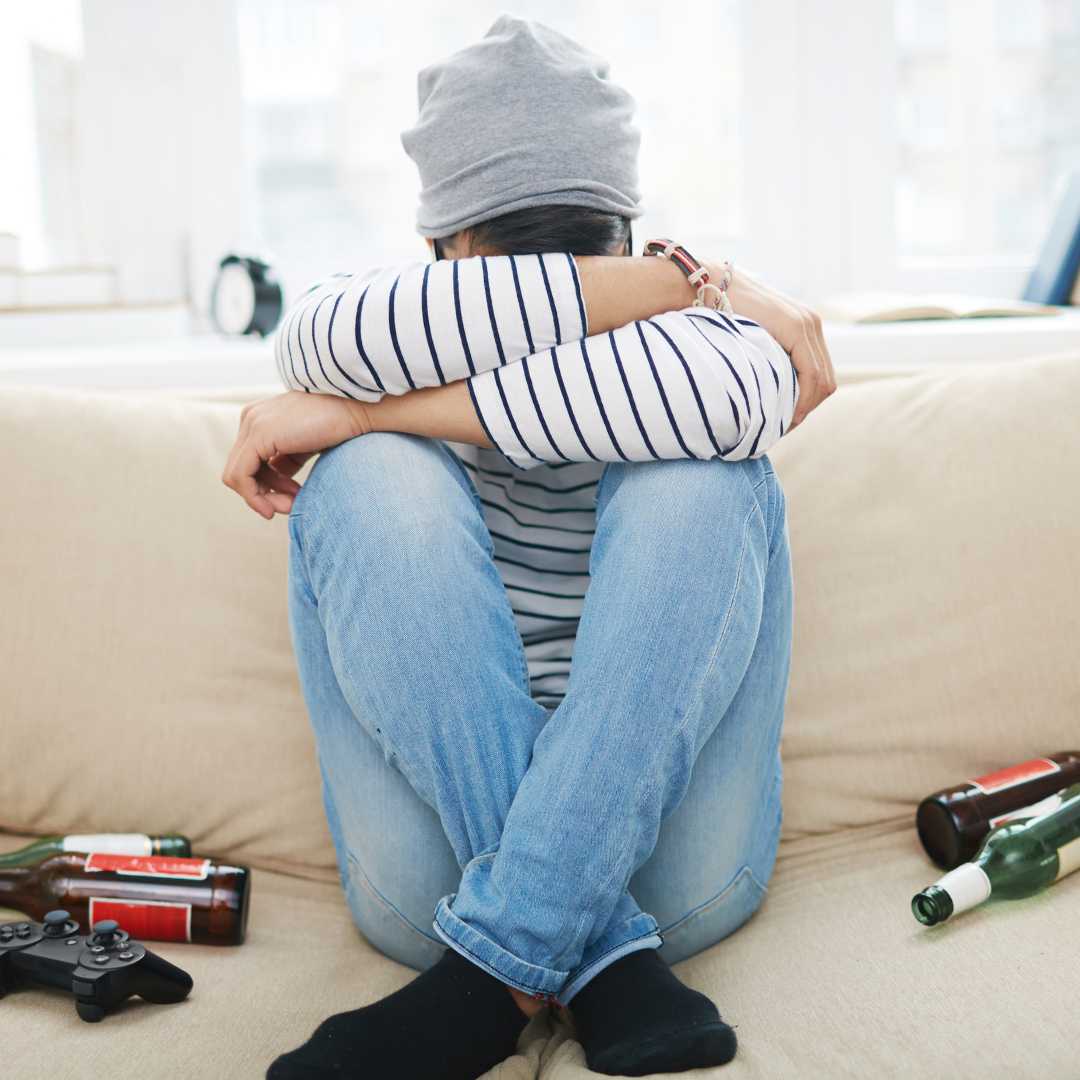
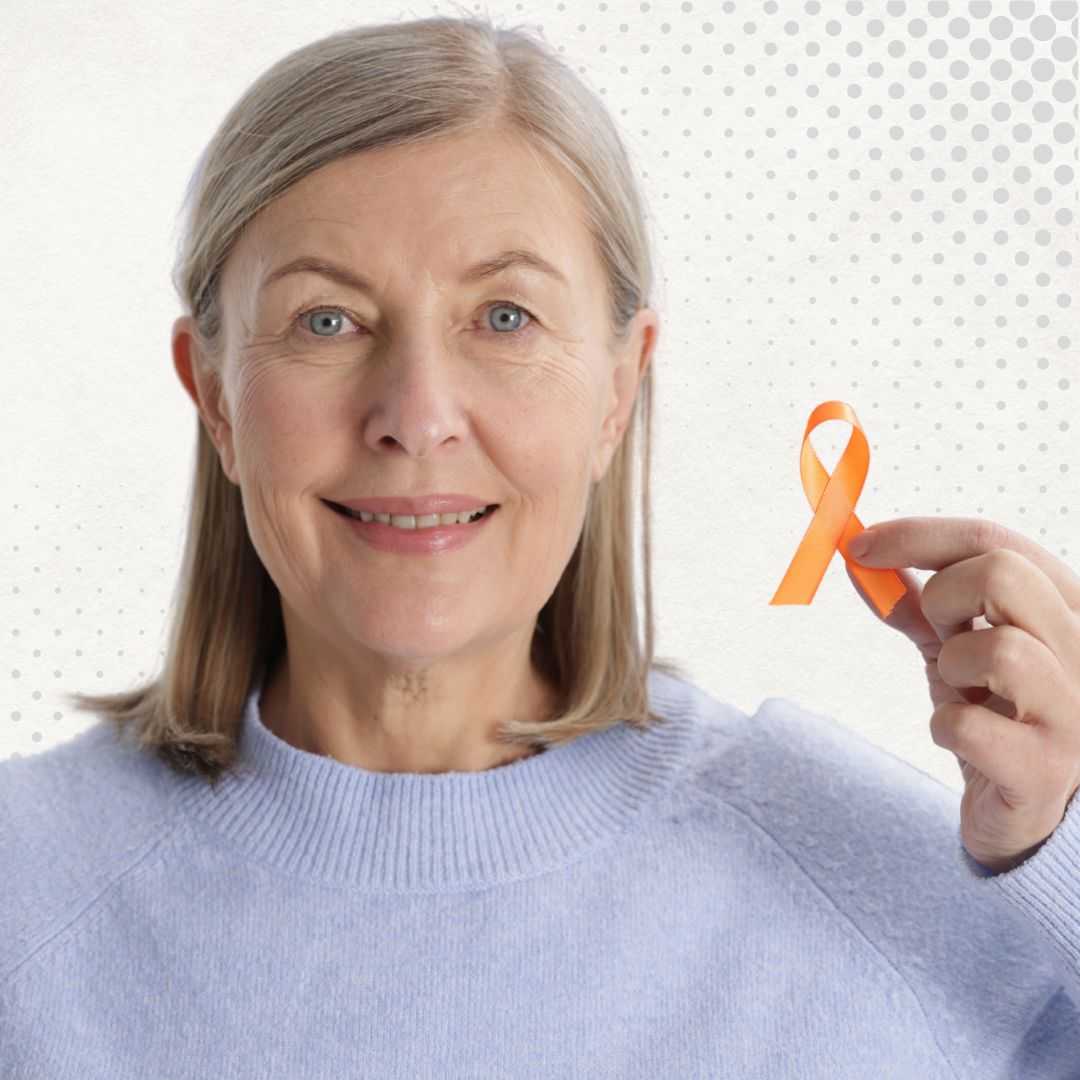

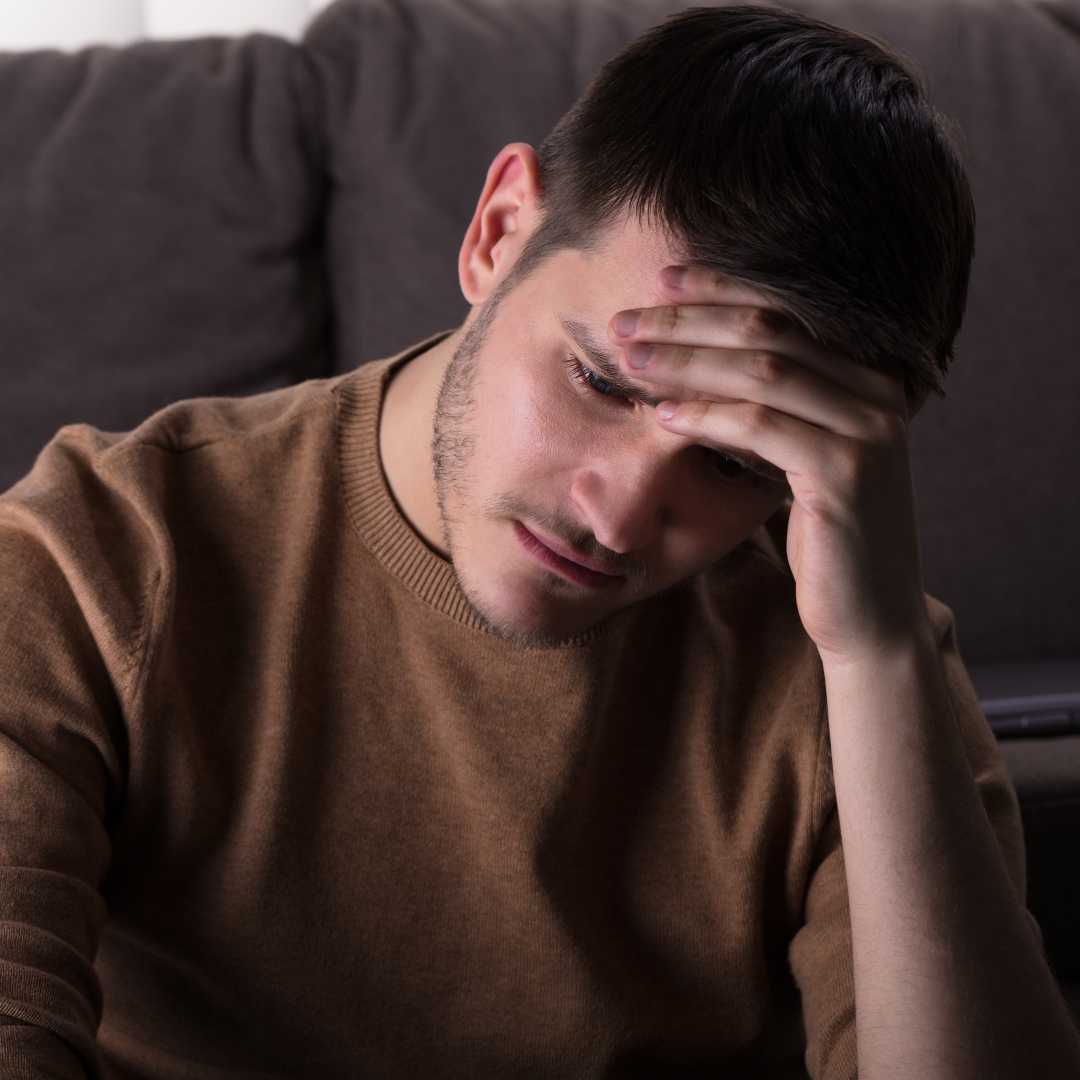



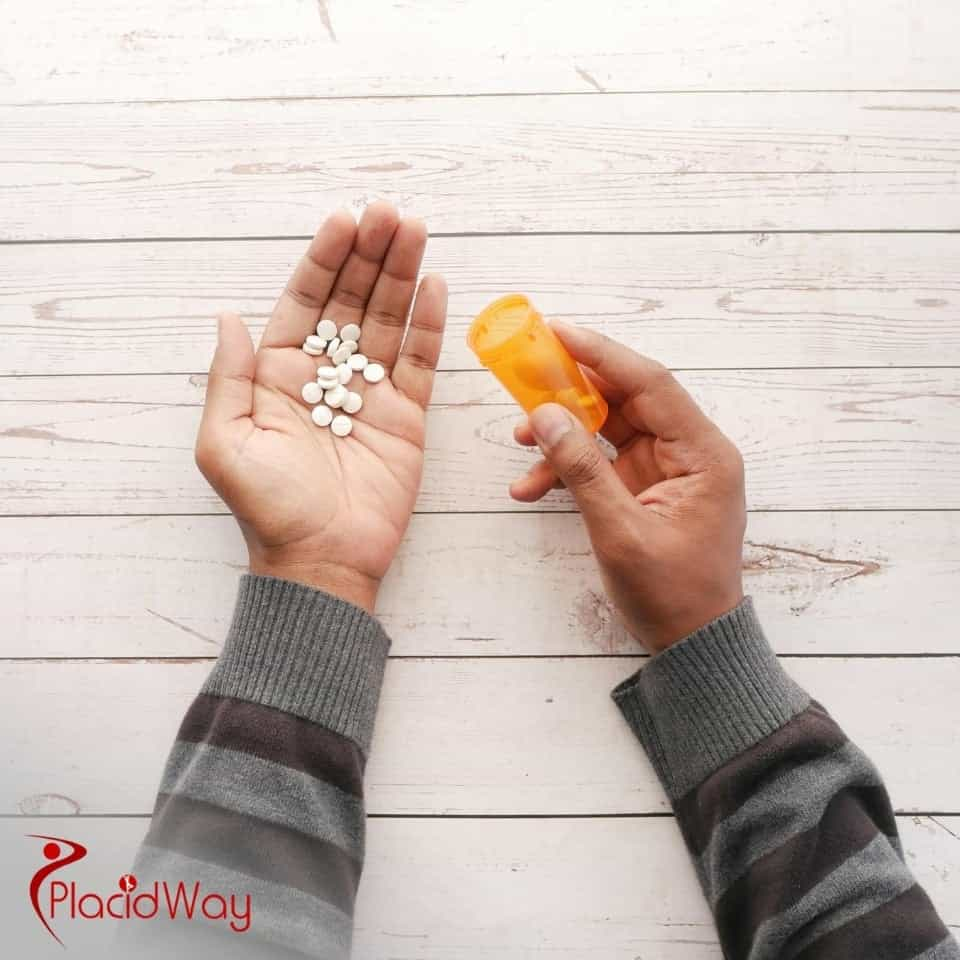

Share this listing